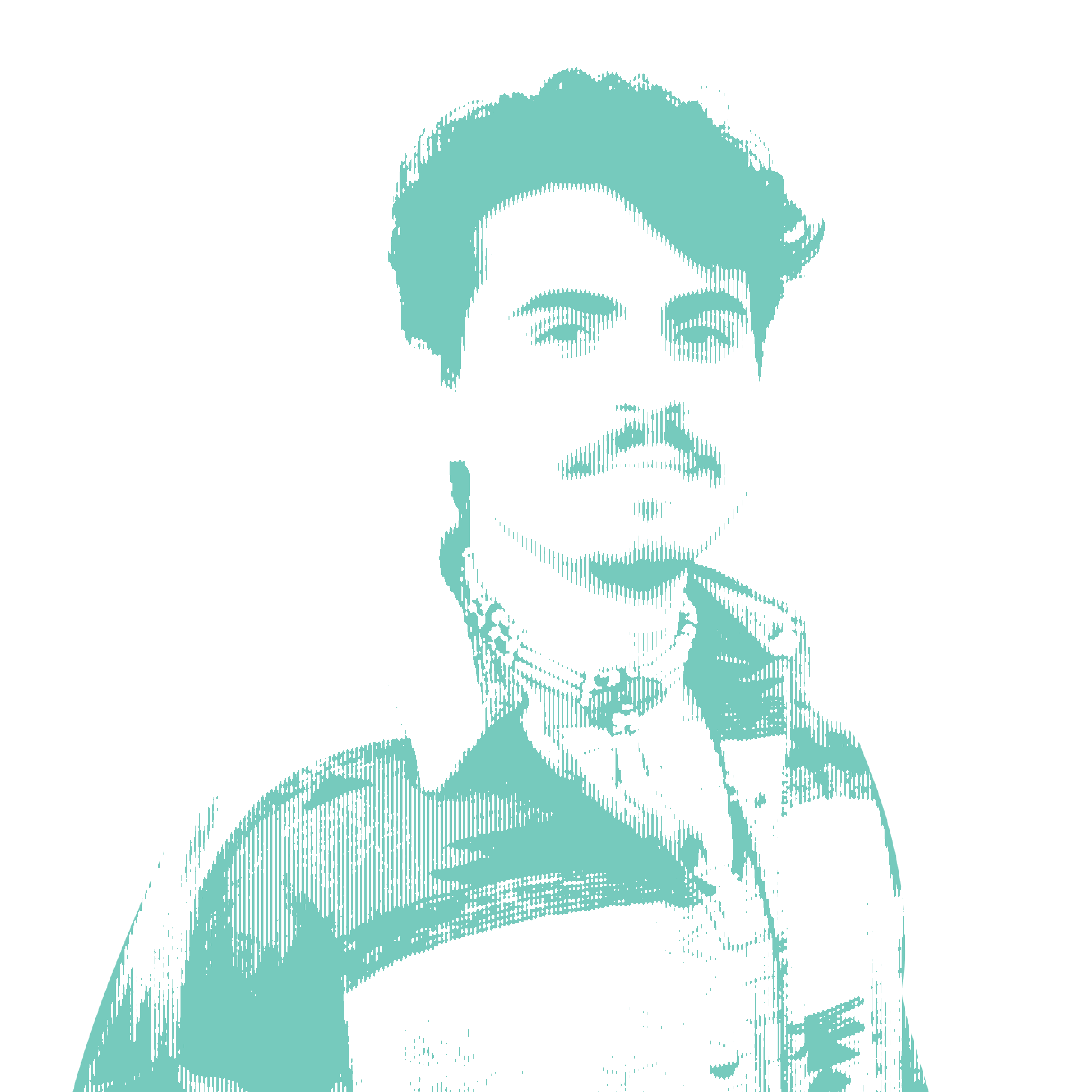
As Photoville 2022 comes to a close this month, the Pulitzer Center celebrates another year of partnership and collaboration with Indigenous Photograph, an organization that promotes the work of Indigenous visual journalists.
In two outdoor exhibits in New York City, which reach hundreds of thousands of visitors each year, the Pulitzer Center showcased more than 10 photographers from around the globe who documented the impact of a changing climate.
The first exhibit, Solastalgia, under the Brooklyn Bridge, featured photographs that showed firsthand the relationship between people and their environments, focusing on the distress caused by a changing climate. This exhibit was on display until July 4, and featured photographers Mayowa Adebo, Elizabeth Swanson Andi, Taseer Beyg, Alessandro Cinque, Justin Cook, Eragbie Joshua, Edivan Dos Santos Guajajara, Patrick Kane, Sonam Choekyi Lama, Light Oriye, Camille Seaman, and Piratá Waurá.
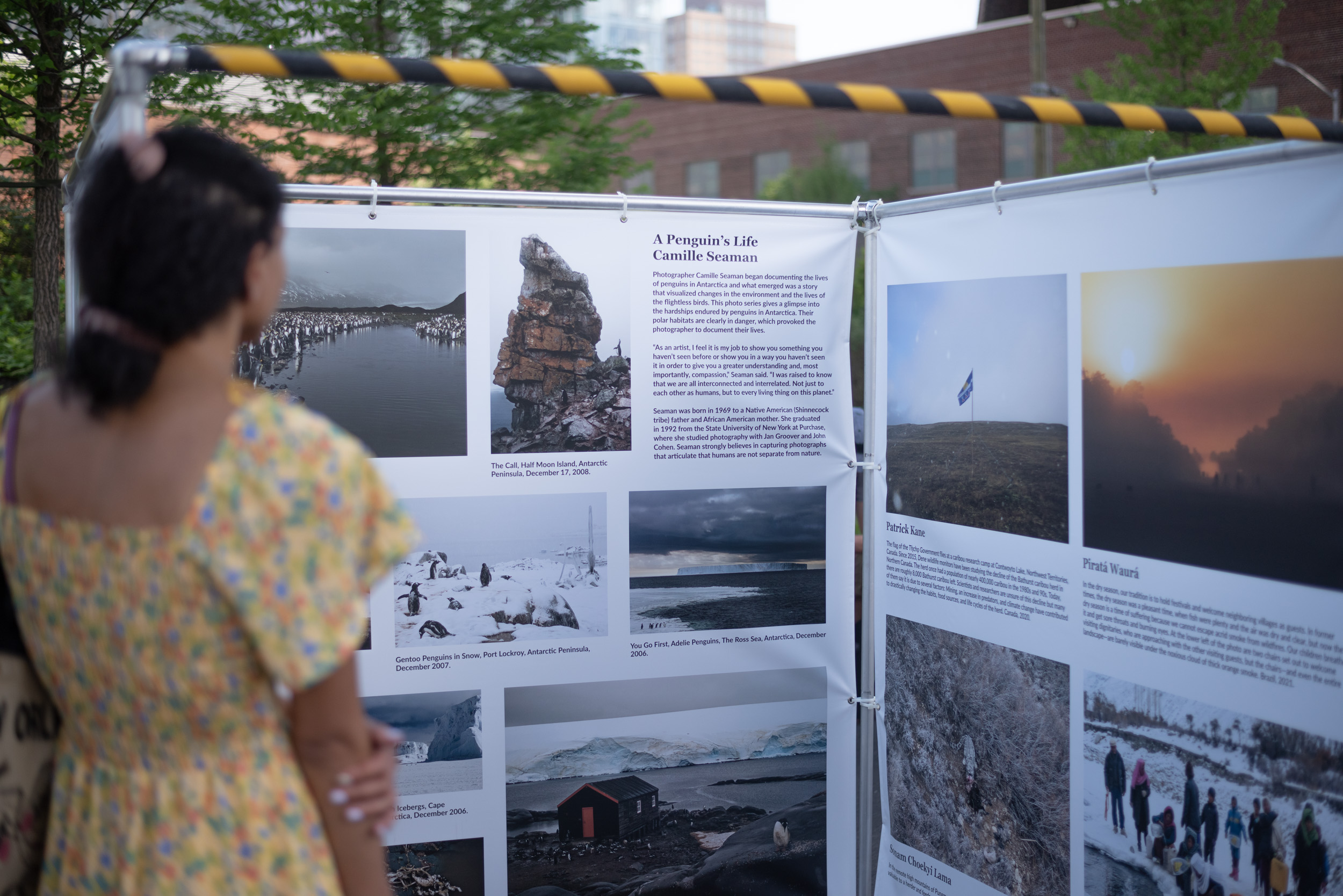
Grantees Justin Cook and Alessandro Cinque engaged with audiences onsite at the Solastalgia exhibit in Brooklyn Bridge Park, answering questions on their featured Pulitzer Center-supported projects, Tide and Time and Alpaqueros, as part of an outdoor walking tour led by Photoville during opening weekend. Cook spoke about his work documenting the accelerating effects of climate change and erosion on North Carolina’s Outer Banks barrier islands through photographs and personal narratives. Cinque spoke about using photography to visualize the impact of climate change on Peruvian alpaca farmers who have become climate migrants.
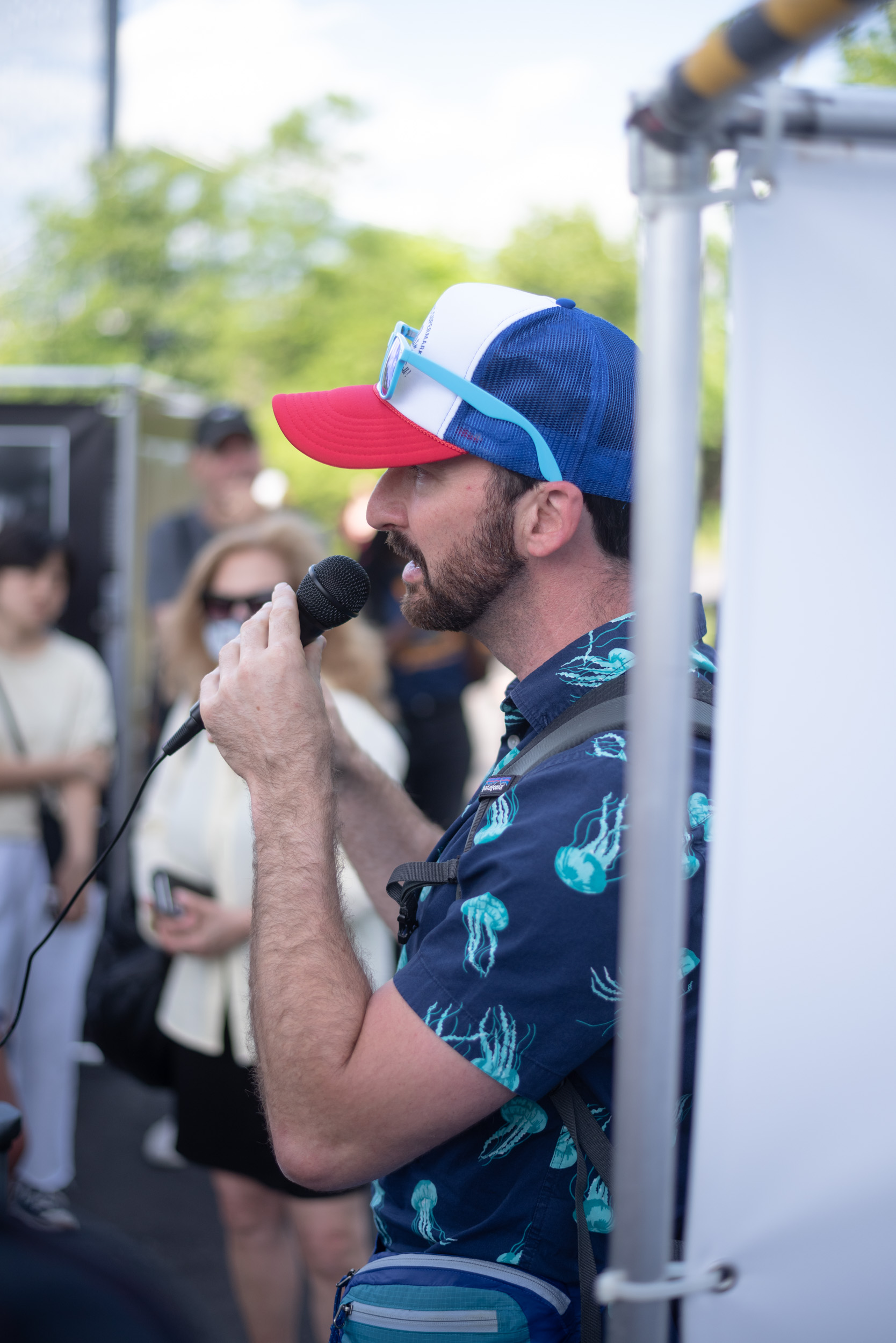
Identity Through Crises, in Bella Abzug Park in Manhattan, celebrates the resilience of the human spirit. The exhibit highlights photography that shows how our individual and collective identities are formed—and how these identities evolve through global crises and conflict. This exhibit was on display until September and featured Zahra Mojahed, Mary Pember, Albertus Vembrianto, Irina Werning, and Edgar Kanaykõ Xakriabá.
Featured in Identity Through Crises, grantee Werning’s La Promesa explores the identity and challenges of Antonella Bordon, a girl in Buenos Aires, Argentina, who vowed to cut her long hair only when she could resume in-person classes at school.
Both exhibitions featured photographers from an open photo call held by Indigenous Photograph and the Pulitzer Center. Their photographs encapsulate the effects of climate change across regions, illustrating the interconnectivity of Indigenous identity, the land, and the climate crisis.
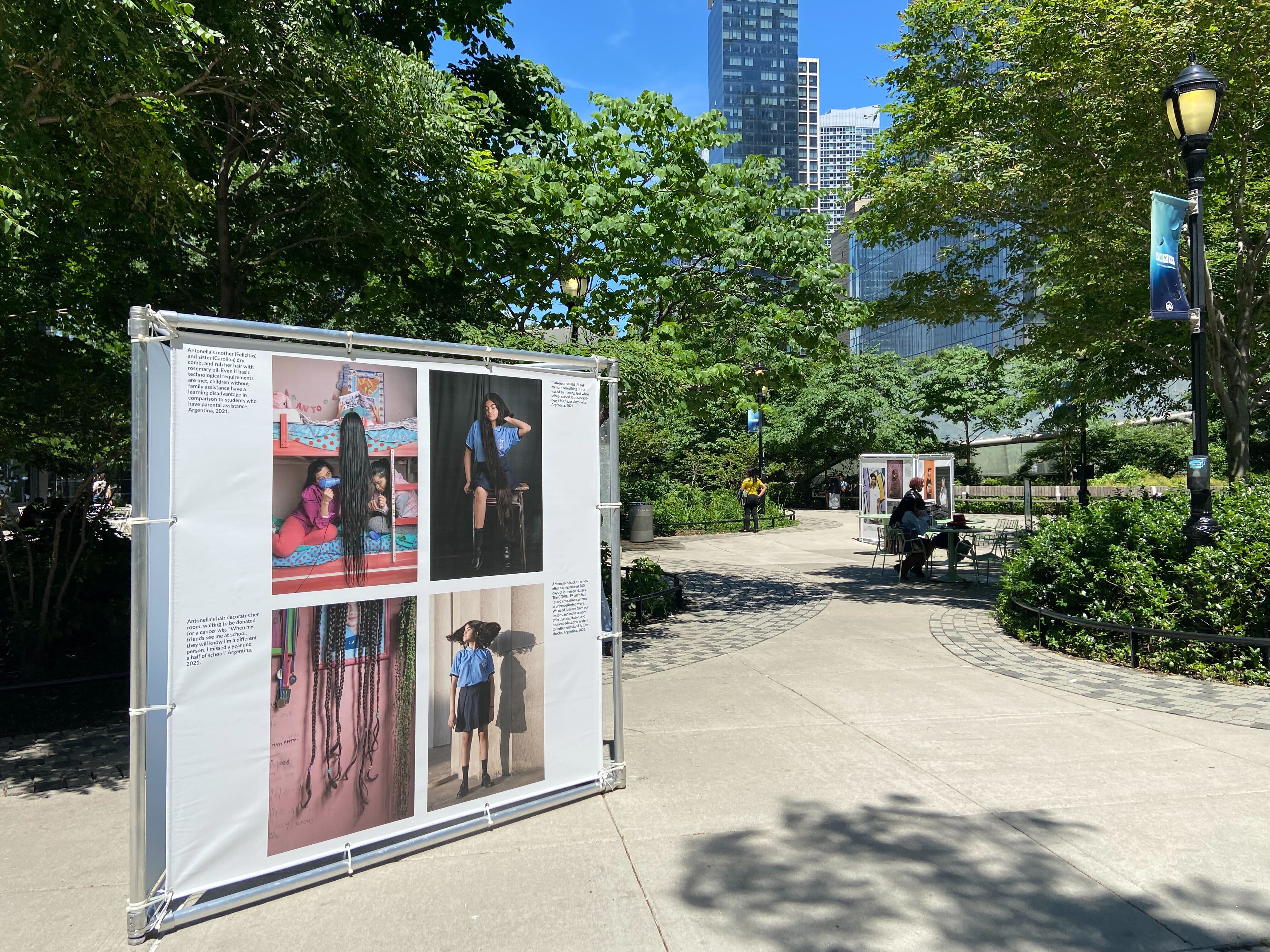
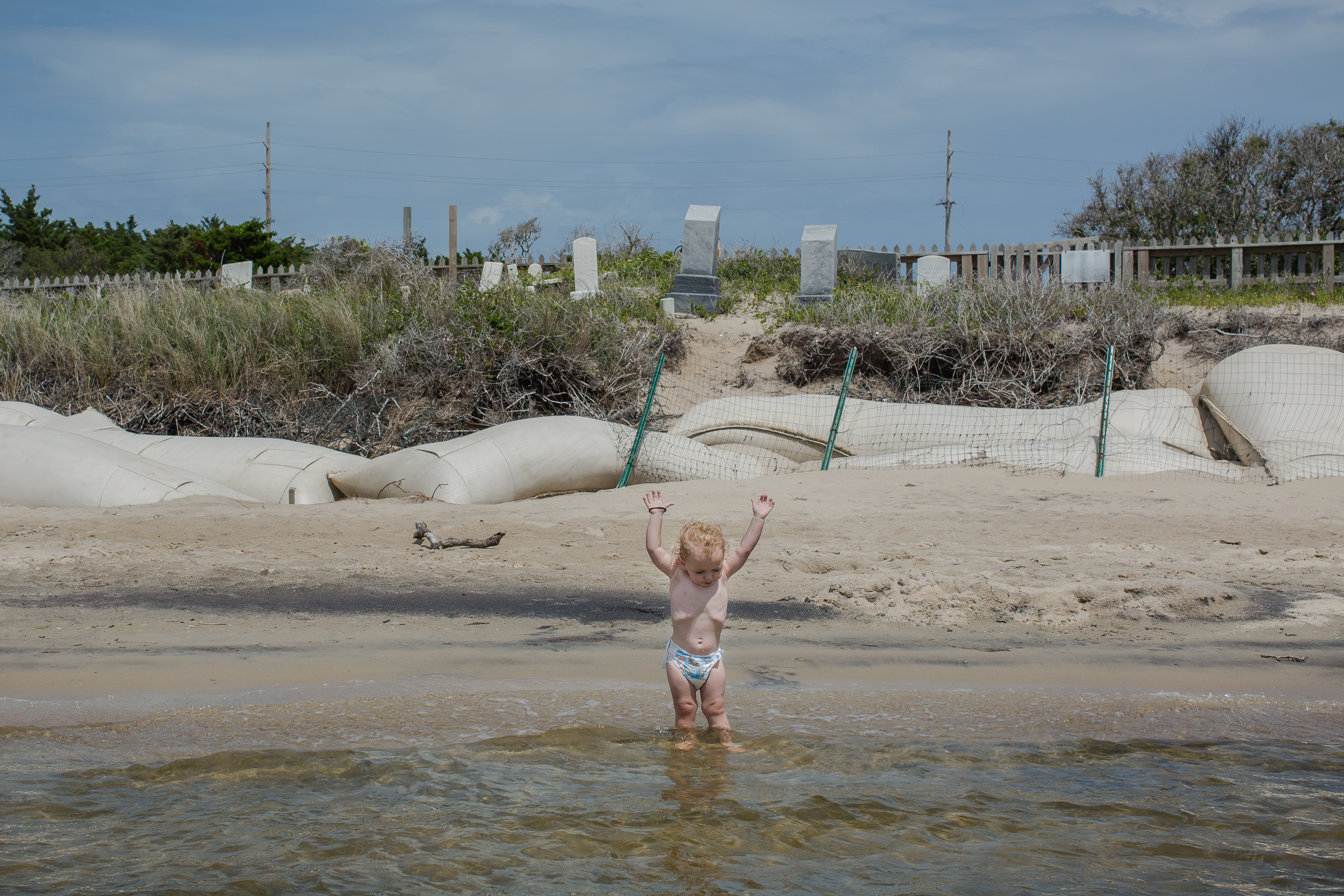
Tide and Time is a photojournalism and reporting project by Justin Cook in collaboration with the...
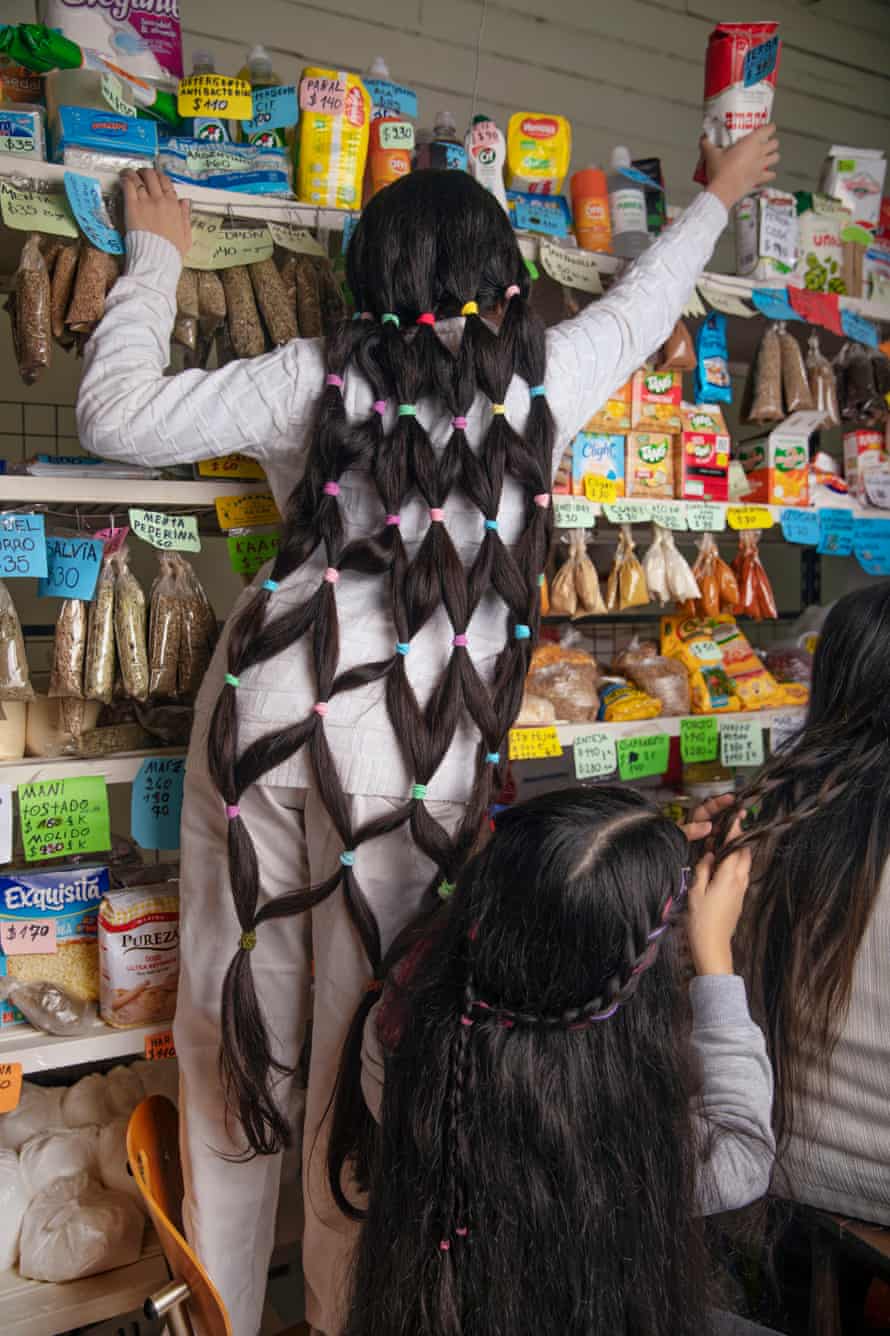
Project
La Promesa
Education has become a highly politicized issue in Argentina during the pandemic.
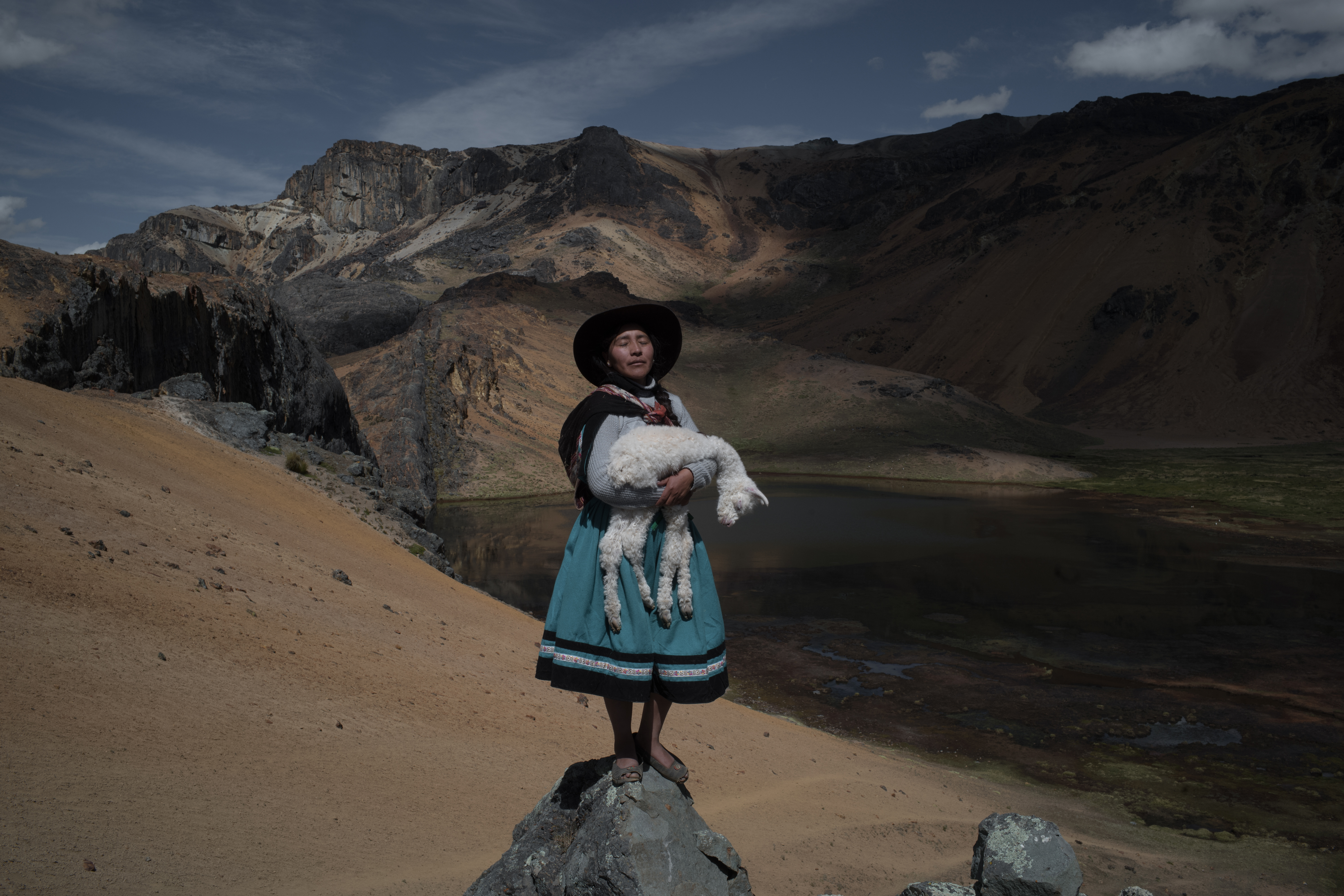
Project
Alpaqueros
How is climate change harming alpaca breeders in the Peruvian Andes?









